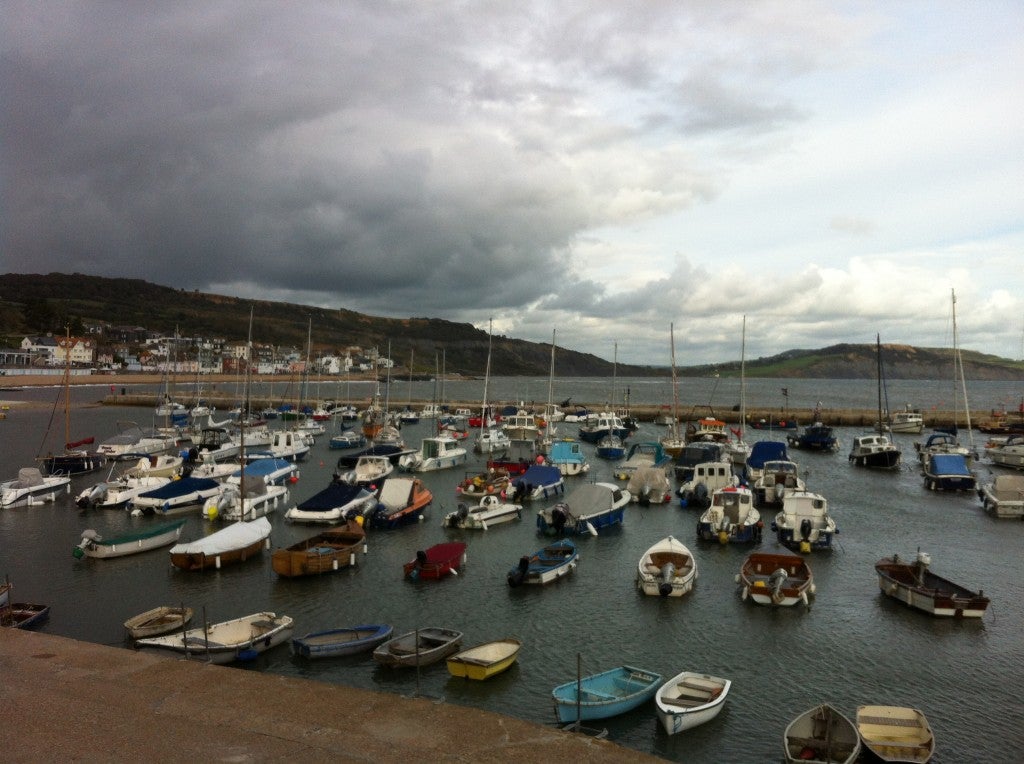Yesterday, the European Parliament approved the reformed Common Fisheries Policy—the final step in the legislative process heralding a new era in sustainability for European fish stocks. This formal ‘seal of approval’ from the Parliament mandates an end to overfishing, phasing out discards and restoring depleted fish stocks.
Commissioner Maria Damanaki said: “Today’s vote by the European Parliament means that we now have a policy which will radically change our fisheries and will pave the way for a sustainable future for our fishermen and our resources. I am very grateful to both Parliament and Council for their commitment, vision and overall support for the Commission’s proposals which mean we can now return to sustainable fishing in the short term and put an end to wasteful practices. The new CFP is a driver for what is most needed in today’s Europe: a return to growth and jobs for our coastal communities.”
Commissioner Damanaki deserves a great deal of credit for her tenacity in seeing this deal through to its successful conclusion; both the Commission’s initial proposal and her strong determination to keep reform on track were key factors in the final outcome.
The new CFP will enter into force on 1 January 2014 with some measures in place thereafter, which means there is a lot of work to do to support member states in implementing the new policies. Here are some of the key changes to look for in 2014:
- The new CFP will manage fish stocks in a far more decentralized way. Member states will now have the flexibility to innovate and design management approaches to meet their specific needs and support local fishing communities in manners of their choosing, so long as they are consistent with the performance requirements of the new policy. This autonomy to member states should encourage cooperation among fishermen who target the same species to produce sustainable management plans.
- EDF is committed to working closely with Member States and fishermen in Europe, providing design guidance and knowledge sharing opportunities to help end overfishing, phase out discards and restore depleted fish stocks.
- Voluntary rights based management will be a vital tool for many member states’ management toolboxes, since this approach will help meet the dual challenges of phasing out discards and ending overfishing. Meeting these targets will require innovation, willingness to experiment with new management strategies and close collaboration between fishery stakeholders.
To cap off 2013 as Europe’s year of fisheries reform, the negotiators now engaged in finalizing the European Maritime and Fisheries Fund (EMFF) should finalize the EMFF by aligning it with the Common Fisheries Policy: supporting increased investment in management innovation, improved data collection and research, enhanced compliance assurance and enforcement and avoiding harmful subsidies.
European fishermen have every reason to be optimistic that they will soon be leading the way towards a new era in sustainable management and stock recovery.










